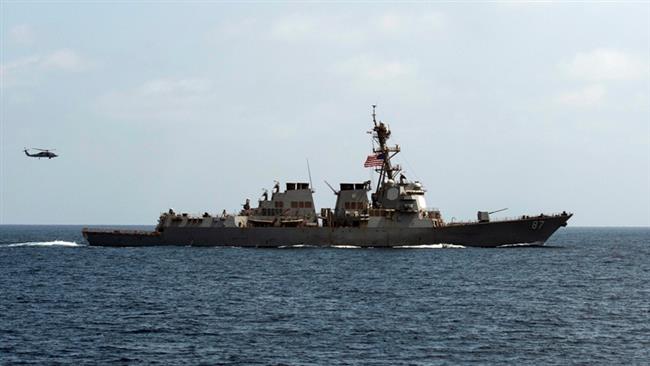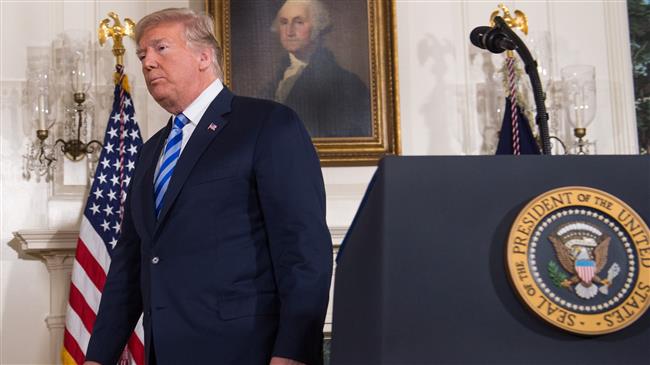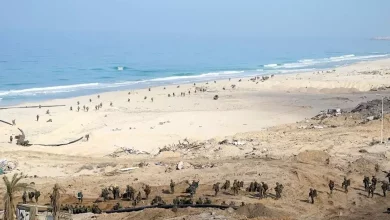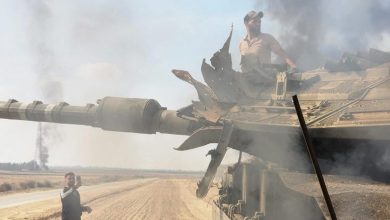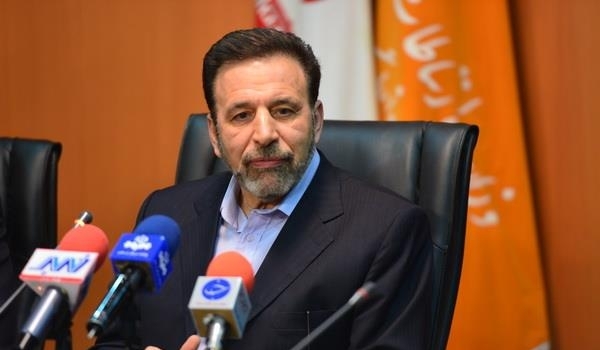Iraqi prime minister accepts another minister’s resignation
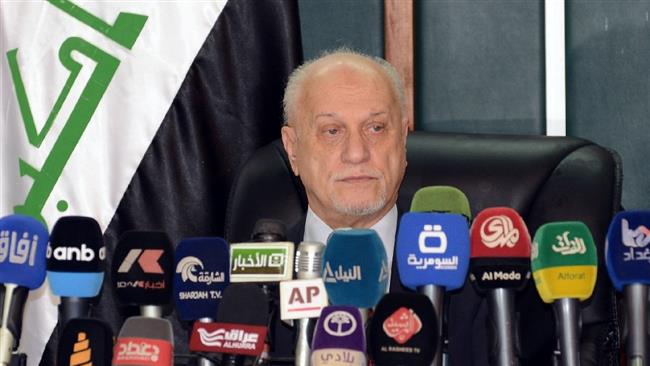

Iraqi Prime Minister Haider al-Abadi has accepted the resignation of another minister amid growing public demands for reform, as a protracted bid to reshuffle his cabinet finally gathers momentum.
Abadi agreed “to accept the resignation of Minister of Higher Education Hussein al-Shahristani,” the prime minister’s office said in a statement released on Wednesday.
The statement came only a day after Abadi agreed to the resignations of Minister of Oil Adil Abdul-Mahdi, Minister of Transportation Bayan Baqir Jabr al-Zubaydi and Minister of Construction Tariq Gatifah al-Khaykani.
Abadi also accepted the resignations of Minister of Water ResourcesMuhsin Asfur al-Shammari, Minister of Industry and Minerals Muhammad Sahib al-Daraji and Interior Minister Muhammad al-Ghaban.
Ghaban tendered his resignation following coordinated bomb attacks in busy commercial neighborhoods of the capital, which claimed nearly 300 lives.
The Takfiri Daesh group claimed responsibility for the attacks, which it said were aimed at the Shia districts of Baghdad.
The resignations came after thousands of supporters of prominent Iraqi Shia cleric Muqtada al-Sadr massed in the capital’s Tahrir Square on Friday, and demanded an end to sectarianism and corruption.
The demonstrators held up placards reading “Yes, yes to reform. No, no to sectarianism. No, no to corruption” in Arabic. Sadr’s supporters had come from different provinces to the Iraqi capital to take part in the demonstration.
The Iraqi government had called the protest “unauthorized” and warned that security forces would consider demonstrators carrying arms as “terrorists.”
Abadi made a substantial shakeup in his cabinet late March, when he presented a list of 14 candidates to the parliament that included independent technocrats.
His move for a new cabinet lineup faced strong opposition from several influential political parties in the parliament.
The chaos on Iraq’s political stage comes at a critical time when army forces, backed by fighters from allied Popular Mobilization Units, are engaged in fierce clashes with Daesh terrorists on several fronts.
